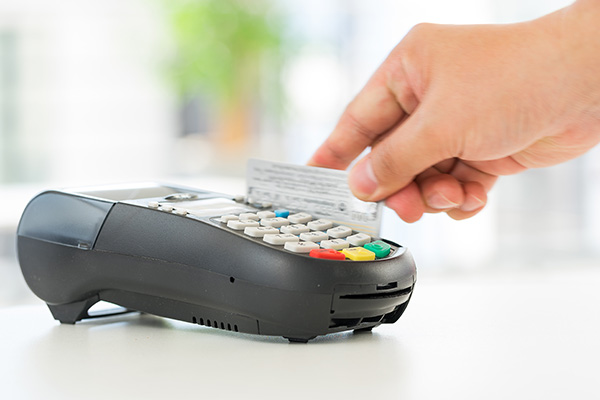In an age where digital transactions dominate the financial landscape, small payment cash verification remains an essential aspect of financial security and integrity. Even with the rise of digital payment platforms, cash transactions, especially small payments, continue to play a vital role in daily transactions. However, ensuring the authenticity and security of these transactions is crucial to maintain trust and safeguard against fraudulent activities. Small payment cash verification involves the meticulous process of verifying the legitimacy and accuracy of cash transactions, typically those involving modest amounts. This verification process is vital to prevent fraudulent activities, money laundering, tax evasion, and other financial crimes that can adversely impact individuals, businesses, and the economy as a whole. One of the fundamental methods of small payment cash verification is through proper record-keeping.

Merchants, businesses, and individuals should maintain accurate records of cash transactions, no matter how small. These records should include details such as the date, time, amount, parties involved, and the nature of the transaction. By maintaining comprehensive records, it becomes easier to cross-verify the authenticity of transactions and detect any discrepancies that may arise. In addition to maintaining records, employing a robust internal control system is crucial. This system may involve multiple layers of checks and balances, ensuring that cash transactions are scrutinized at various stages to detect any anomalies or irregularities. For instance, implementing a system where multiple individuals are involved in approving and verifying cash transactions can significantly reduce the risk of fraudulent activities. Regular reconciliation of cash transactions is another vital aspect of small payment cash verification. Comparing the recorded cash transactions with the actual cash on hand helps in identifying any discrepancies that might have occurred due to errors or fraudulent activities and additional reading https://www.moneylife365.com/. Prompt action can then be taken to rectify these discrepancies and prevent further financial loss.
Furthermore, training employees and educating the public about the importance of small payment cash verification is critical. Individuals handling cash transactions should be well-informed about the proper procedures for recording, verifying, and reconciling these transactions. Public awareness campaigns can also be effective in educating consumers about the significance of keeping track of their cash transactions, no matter how small. In conclusion, small payment cash verification is an essential aspect of maintaining financial security and integrity. Proper record-keeping, internal control systems, regular reconciliation, and education are crucial components of an effective small payment cash verification process. By employing these measures, individuals and businesses can protect themselves from financial fraud, contribute to a transparent financial ecosystem, and ultimately foster trust and confidence in financial transactions, whether digital or involving cash.
